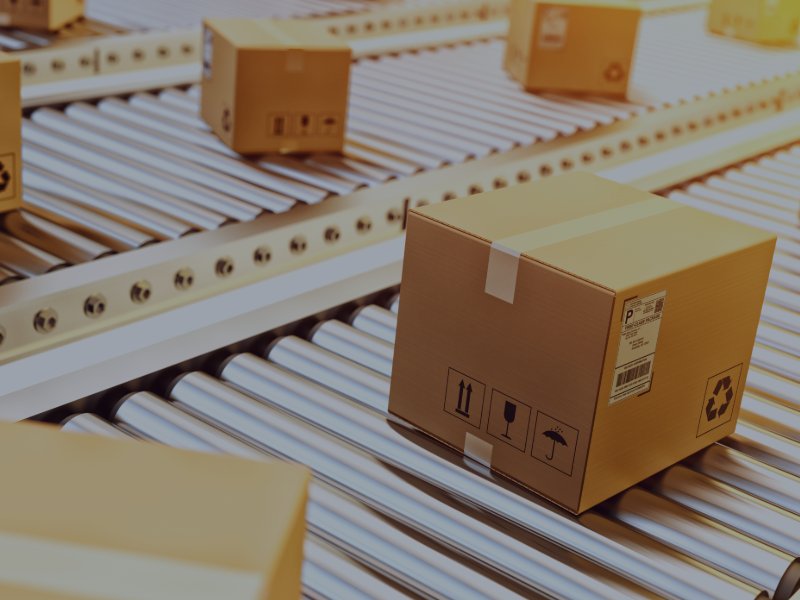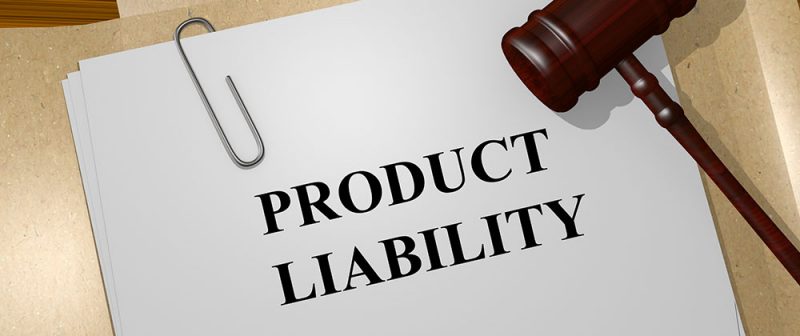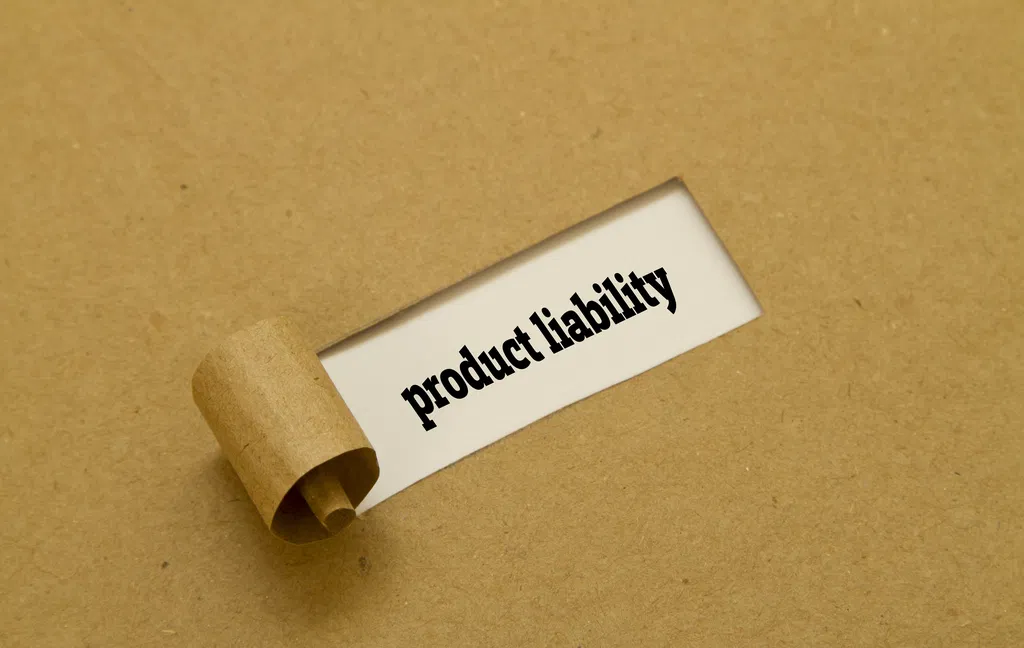Product Liability Insurance: The Right Protection for Your Business
Contents
Giving business a thought with my husband, even before the pandemic started, we realised if we ever decide to take such a leap in life we’d need all the insurance we can get – now more than ever. This year was especially tough on businesses and many failed to make it through because of not having the right strategy to protect themselves and the source of their income as one of their most valuable assets.

Having this in mind, insurance is essential as a priority for a company, no matter how small. I know it’s not a good thought to dwell on, but accidents can happen at any time and claims and suits can affect your company when you least expect it, even after you’ve done everything in your might to ensure the products and services you offer are safe.
Working with Products – How to Protect Your Business?
Same as when working in the trade motor industry that has its own specific insurance, when working with products specifically, be it selling, supplying as we were considering, or manufacturing them, you’ll need product liability insurance. This applies to products that you import into Australia too as you are considered to be their manufacturer.

As it’s a complex thing and there are more varieties of the coverage, before making any decisions, it’s necessary to first consult with a product liability insurance broker who specialises in this particular area and has years of experience. You might find it as an unnecessary investment and you’d much rather spend on equipment or supplies, but if you think long-term it’s a must – third parties could sustain a bodily injury or property damage due to malfunctions and defects from what you sell or supply.
As your business would largely depend on reputation, it’s a fragile thing since once lost it can be lost forever. Besides protecting your reputation by providing you with the best protection in the form of the suitable coverage, brokers have access to various insurance companies and underwriting agencies, so you’d be able to choose from a variety of options.
What Do You Get with Product Liability Insurance?
The products you manufacture, supply or sell can seem faultless and still, they can lead to an accident or injury. This is why you can’t take your chances, you need to get this kind of insurance to avoid the stress from lawsuits.

As a policy, product liability is created to cover you from manufacturing and production flaws. Sometimes, during these controlled processes some defects can happen with the items turning them unsafe for users which you may not be aware about, and it’s nice to know your insurance can cover you in this aspect. The same goes for design defects.
Additionally, there may be an issue with the packaging, like not providing enough information for the customers, and this too can result in claims. Whether you manufacture products, or import them from abroad, they should be labelled properly, containing all the information needed regarding warnings and risks. If you have such claim risks, the product liability insurance broker can help you out with this as well.

Along with the previous two, you could also get the CGL (Commercial General Liability) coverage if you want to protect yourself against losses caused by product malfunctions, especially in case you conduct business offsite.
What to Know About Getting Product Liability Insurance?
Since you’d be cooperating with the product liability insurance broker to find the ideal coverage for you, they must be aware of all of your business activities. Even if there’s some change in these activities at some point after you’ve gotten the insurance, it’s your job to inform the broker so they’d be able to protect you from any other claims.

The price of your insurance mainly depends on the kind of products you’d be working with, specifically how hazardous they are – the more hazardous they are, the higher the price. Sales are another aspect you’d have to include when calculating the premium. It’s important that you provide an update of your expected sales every year, otherwise, the claims payments could be affected.
You may think of this as an opportunity to lower your premium if you hide the exact sales, but underreporting them could get you to extra charges. When the sales turn out less than the expected, then you may be eligible for a return premium.

In case you plan on hiring some sub-contractors, it’s important that you find out how this would affect your business, and whether or not the liability policy covers you in case they get injured on site. Moreover, give your activities a thought too and talk it out with the broker as certain endorsements may be added to the insurance, and if that is the case they might change your coverage.


